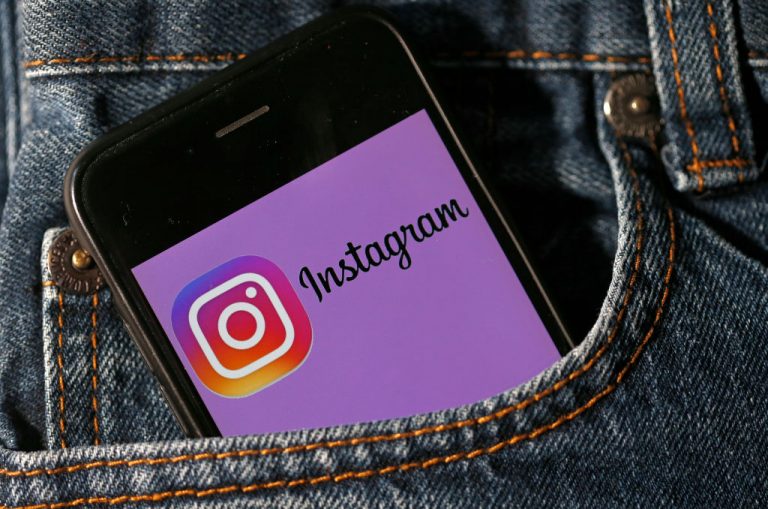Instagram has often been called out for the negative effect it has on teenagers. With a recent report by The Wall Street Journal exposing the app’s damaging effect on teens, Facebook — the owner of Instagram — has been working hard to deny such claims. A trove of Facebook internal documents released by the WSJ shed more light on the issue.
On Sept. 14, the WSJ published a report claiming that Facebook was aware of Instagram’s negative influence on teenagers, with young girls especially prone to body image issues. One of Instagram’s internal presentations admitted that the app makes body image issues “worse for one in three teen girls.”
In a Sept. 26 post published on Facebook, Pratiti Raychoudhury, Vice President, Head of Research at Facebook, called the WSJ’s claim of Instagram research showing the app being “toxic” for teen girls as “simply not accurate.” Raychoudhury went on to say that Instagram was beneficial for teens.
“In 11 of 12 areas on the slide referenced by the Journal — including serious areas like loneliness, anxiety, sadness, and eating issues — more teenage girls who said they struggled with that issue also said that Instagram made those difficult times better rather than worse. Body image was the only area where teen girls who reported struggling with the issue said Instagram made it worse as compared to the other 11 areas,” Rauchoudhury said.
In a Sept. 29 article, the Wall Street Journal published Facebook internal documents which was the basis for its Sept. 14 report. Except for the most senior employees, the names of other Facebook employees have been redacted.
Success
You are now signed up for our newsletter
Success
Check your email to complete sign up
The WSJ also contacted every named employee in the documents, providing them opportunities to comment on the issue. In total, the media outlet has six internal documents that clearly show that “Facebook knows its platforms are flawed.”
A document called “Teen Mental Health Deep Dive,” states that one in five teens felt Instagram makes them feel worse about themselves. Teens also blame the app for “increases in the rates of anxiety and depression.” This viewpoint was “consistent across all groups.”
In a document titled “Teen Girls Body Image and Social Comparison on Instagram—An Exploratory Study in the US,” Facebook admits that “social comparison is worse on Instagram.”
The study indicated that 66 percent of teen girls experienced negative social comparison, of which 50 percent said that it was caused due to images related to beauty; 32 percent of teen girls said that whenever they felt bad about their bodies, Instagram made them feel even worse.
“Explore and profile stalking enables never-ending rabbit holes. Celebrity content is more frequent but friends content is more impactful in terms of social comparison,” the document said. Other apps like Snapchat and TikTok keep “focus on the face and not the body.”
Following the WSJ’s Sept. 14 report, the Senate Subcommittee on Consumer Protection, Product Safety, and Data Security held a hearing on Sept. 29 in which Facebook was severely criticized by lawmakers. Members of Congress accused Facebook of covering up data and demanded that the social media platform make necessary changes. They also compared Facebook’s cover-up of Instagram’s effect on teens with the tobacco industry’s cover-up of the harmful effects of smoking.
“We now have deep insight into Facebook’s relentless campaign to recruit and exploit young users… We now know that Facebook routinely puts profits ahead of kids’ online safety… We know it chooses the growth of its products over the well-being of our children, and we now know that it is in defensively delinquent in acting to protect them,” Committee Chair Senator Democrat Richard Blumenthal said in a statement.
















